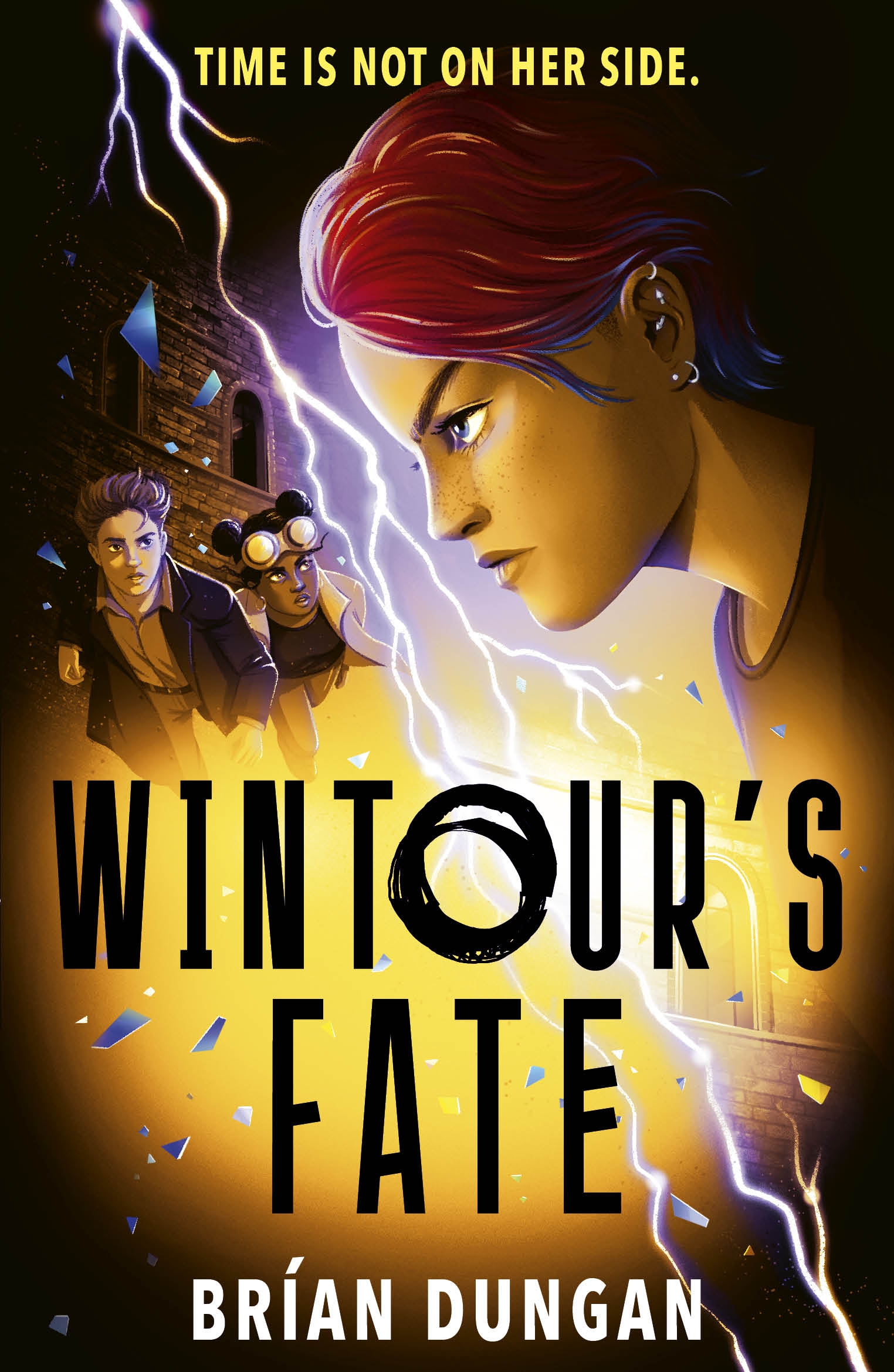Ducks, Newburyport

As seen:
Reviews
Do not attempt this book alone -it is monumental; skim read it; read in a group; confer. It is so worth the effort.
Ellmann plays with grammar like Shakespeare played with and extended language.
She uses:
“the fact that” as soft punctuation;
has 72 pages in poetic style without any punctuation at all; and
uses normal punctuation for the Lioness’ thoughts.
I wanted to stop every page of the first 100 pages but endorsement from those I respect; Akala (supporting GBP Press), the Booker Prize & the reading agency, kept me going.
I thought the beginning of the book mirrored the frustrating start to “Enduring Love” which sets the scene.
As the book progresses the narrator’s story is not what you expect. Her thoughts on contemporary America as an Ohioan housewife (domestic engineer) give me hope as she worries randomly about:
everything getting polluted & armageddon;
Trump & women; Leo travelling (he is too); guns; health care; what has happened to
Native Indians; mental health & much more.
Lucy Ellmann’s book unveils the human mind. Acknowledging a uniquely human quality that is not generally examined in public.
This text will probably make it onto the syllabus for academic study.
Well done Lucy Ellmann but could you, or should you have made it more accessible to the reader by shortening it?
This is a big book in every sense of the word. I did think reading 1000 pages of someone's internal thoughts would get very annoying and boring and in some parts I did struggle to keep going but I'm glad I laboured on. Surprisingly I did find it more and more engaging and often funny, she worries about her family, the state of America, the environment and often just random ramblings which we can all relate to. She doesn't tell a story but as the reader you have to piece things together and work it all out.
This is a brave and clever book but I think it would have been just as effective if not more so if it was a few hundred pages shorter.
I wanted to dislike this novel from the start. Too heavy, no punctuation: how could I tolerate that?
10 pages in I wondered whether to continue. What is this woman ranting about? Where's the story? This 'the fact that' is going to annoy me. What is this lion story about? Why has this been nominated? Intrigued, I persevered.
I found the novel thought provoking, not only because it leads the reader to question form, narrative and punctuation, as well as draw parallelsbetween the human and animal kingdom - rather pretentious I hear you cry - but also because it is a study on thought. Yes our thoughts are sometimes mundane and jump from past to present to worries about the future and that can make the novel difficult to read but also difficult to put down.
The protagonist speaks for us all. She is both witty and intelligent and I for one has truly enjoyed reading her observations on the modern life including: Trump, the environment and animal welfare. These run alongside the worries and joys of motherhood, running a business, divorce, love, cancer, losing your parents... The list goes on - as does human thought which of course is random, has no punctuation and is sometimes banal.
The fact that I abhor bad grammar and was intent on hating 'Ducks, Newburyport' but I didn't, the fact that it is difficult to read but impossible not to relate to, the fact that Lucy's ramblings can echo mine, the fact that her observations and commentary on the environment, communities and world affairs are often sharp, informative and alternate between sad and very funny, the fact that it takes a big heart, creativity and bravery to break the mould and write a book like this, the fact that the afore mentioned qualities tick my boxes. The bottom line is 'Duck, Newburyport' is not for everyone and can bit a tad annoying but it deserves respect and deserves reading. Review for The booker Prize 2019 ('Wine, Women & Words' Book Club )
Our reading group 'PE Loves Reading' read ‘Ducks, Newburyport’ by Lucy Ellmann as part of the Booker Prize 2019 Shortlist shadowing.
The novel is over 1000 pages long and has made headlines as being a possible response to James Joyce’s ‘Ulysses’ of 1922 which changed the concept of what a novel is.
Some of our group were lucky enough to go on BBC Radio’s ‘Front Row’ and take part in a ‘Booker book club’ discussion with Ellmann. This gave us the chance to ask some questions, but, as with writing this review, it’s a challenge to not be perhaps distracted by the publicity: 1090 pages, 8 sentences, no chapters, repetition of ‘the fact that’ etc.
The novel presents the thoughts of a female protagonist in the ‘stream of consciousness’ style. Distinctive aspects of Ellmann’s style are ‘accumulation’. The protagonists thoughts are at times a series of references: one word sparks another in a great long list. The streams of thoughts are punctuated by the phrase ‘the fact that’. The novel is not plot or character driven. There is no ‘setting’ or ‘description’ in the usual sense. Neither is their dialogue or direct speech between characters. The protagonist’s thoughts are spliced at intervals with a more ‘conventional’ narrative about a female mountain lion.
Our group enjoyed the way in which reading the text requires a certain degree of ‘puzzling’. Information about the human world the protagonist exists in are ‘dropped into’ the narrative at intervals, so that an image of who she is, the people in her life and what she does very gradually emerges.
We asked ourselves:
Why do we need such a quantity of the woman’s thoughts? Why is it so long?
Why is it so dense? There is very little ‘white space’ to divide the text. Few paragraphs or any other division other than when the mountain lion narrative is spliced in.
Why was it important to present a consciousness in this way?
Why is the phrase ‘the fact that’ used so often?
What keeps you reading in the absence of a conventional narrative structure?
In discussion with Ellmann, some questions were answered:
Mothers and all that they do are neglected in literature or criticised. So the novel is a response to this gap.
Ellmann described ‘the fact that’ as a ‘soft’ punctuation mark.
Her mother’s feminism is important when thinking about what this novel is about.
There are ‘blank spaces’ in the character’s interior monologue, but to include them would have made the novel significantly longer.
The novel is set in 2017 and as it took Ellmann seven years to write it, some readers were amazed at her prescience.
Overall, this novel was thought-provoking and in some senses demanding of us as readers. To publish a novel of such physical weight and size seems in a sense a radical challenge to our current expectations of receiving information in small, palatable chunks, but a healthy, stimulating one.






